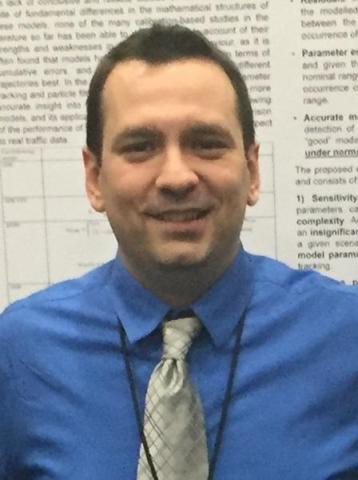About the project
Travel time in transport networks is not constant, but entails an element of variability that can be an important source of time losses. This results in uncertainty when attempting to predict it, and this is a concern for travellers, as it can cause early or, more critically, late arrival at the destination.
Much research has concentrated on estimating the reliability of car trips, with journey planners nowadays being able to provide a fairly accurate Estimated Time of Arrival (ETA) for any car trip, along with upper and lower bound estimates. Nevertheless, this is not the case for trips involving public transport, whose reliability remains under-explored. The main reason is that the travel time of such trips is constituted of multiple components, for several of which, until recently, data have either been proprietary and scarce (e.g. in-vehicle and dwell times), or did not exist at all (e.g. access/egress times, waiting times and transfer times). As a result, journey planners still largely rely on the limited information that is freely available for some of the components (e.g. published schedules) and on crude and conservative estimates for the others (e.g. assuming a constant walking pace).
The aim of this PhD project is, hence, to perform a deeper exploration into the reliability of trips involving public transport, so as to enable more accurate prediction of a traveller’s ETA. Tasks will include: collecting and analysing data for the various components of public transport trips; formulating travel time prediction models; integrating travel time predictions in journey planning algorithms; and validating the models and algorithms by means of simulation and field experiments.
The successful candidate should have a solid background in engineering or another quantitative discipline, as evidenced by a good first degree and any other additional qualifications, as well as a lively interest in transport applications.
This is a unique opportunity to join the university’s prestigious Transportation Research Group (TRG) in the School of Engineering. The TRG is based at the university’s Boldrewood Innovation Campus and is one of the UK’s longest running academic transport centres, with over 50 years of research into improving all aspects of transport and mobility systems. It consists of 29 staff and 34 PhD researchers, and has a portfolio of over £8 million in grants and contracts, as well as a wide range of facilities supporting its research, such as a driving simulator, a fully instrumented vehicle and bicycle, and a 360-degree virtual reality facility.
